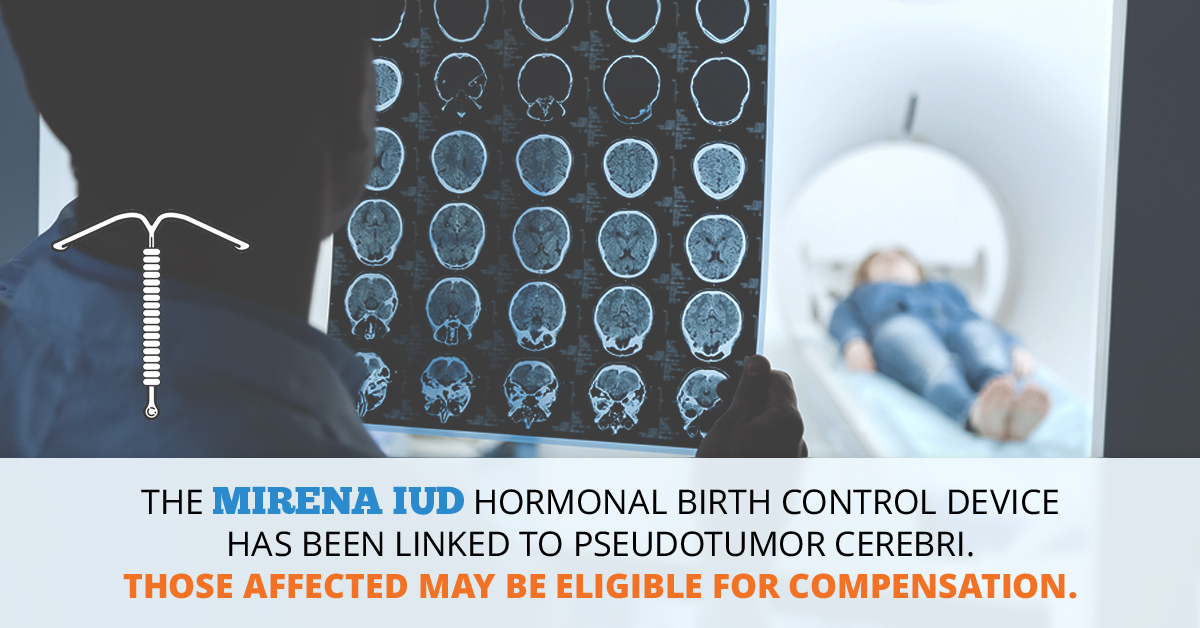Why Are Mirena Lawsuits Being Filed?
Mirena lawsuits claim:
- Bayer Pharmaceuticals designed a defective and unreasonably dangerous product.
- The manufacturer failed to warn the public about the potential risks associated with Mirena IUD.
- Bayer knew about the potential side effects of Mirena, yet released the defective product anyway.
- Bayer willfully endangered the safety of women using the birth control device.
- The manufacturer engaged in misleading advertising.
- Bayer misrepresented the benefits of Mirena, and downplayed its side effects.
- Bayer understated Mirena IUD complications, calling them “uncommon.”


